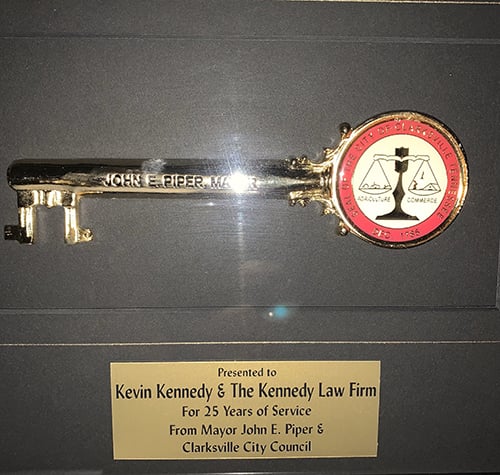A defendant’s right to remain silent during trial
Criminal Law & Procedure: Trials: Defendant’s Rights: Right to Remain Silent
The Fifth Amendment to the United States Constitution provides that no person shall be compelled in any criminal case to be a witness against himself or herself. The self-incrimination privilege of the Fifth Amendment means that a defendant cannot be compelled to testify at his or her criminal trial.
A defendant’s right to remain silent means that the defendant’s confession cannot be admitted at the defendant’s trial unless the confession satisfies certain constitutional and statutory requirements. In order for the confession to be admissible at trial, the prosecution must prove that the confession was given freely and voluntarily, that the defendant was given proper warnings regarding his or her rights prior to the confession, and that the defendant properly waived his or her right to remain silent.
If a defendant’s confession is admitted at his or her trial, the defendant must file a timely objection to the admissibility of the confession to preserve his or her rights on appeal. The defendant may also file a pretrial motion to suppress his or her confession. A motion to suppress is preferable to waiting until trial to object to the admission of the confession.
A defendant’s right to remain silent prohibits any comments from being made during the defendant’s trial about the defendant’s failure to testify. A prosecutor, a trial judge, or an attorney who is representing a co-defendant cannot make any comments about the defendant’s failure to testify. The comments cannot make a direct or an indirect reference to the defendant’s failure to testify. An indirect reference to the defendant’s failure to testify is when the reference calls for a denial of a fact or evidence that only the defendant could provide. The standard for determining if a comment is improper is the viewpoint of the jurors. If the jurors would understand the reference to be a comment on the defendant’s failure to testify, it is an improper comment.
A defendant’s right to remain silent applies to both the guilt or innocence phase of a trial and to the sentencing phase of the trial. A defendant’s waiver of his or her right to remain silent at one-phase does not constitute a waiver of his or her right at the other phase. In other words, a prosecutor cannot comment on the defendant’s failure to testify at the sentencing phase of the trial, even if the defendant testified at the guilt or innocence phase of the trial.
An improper comment on a defendant’s failure to testify may result in the reversal of the defendant’s conviction on appeal. The degree of harm of the comment depends upon whether the comment was direct or indirect. A direct comment on the defendant’s failure to testify cannot normally be cured by an instruction to a jury to disregard the comment. An indirect comment cannot be cured by an instruction if it calls for a denial of a fact or evidence that only the defendant could provide.


